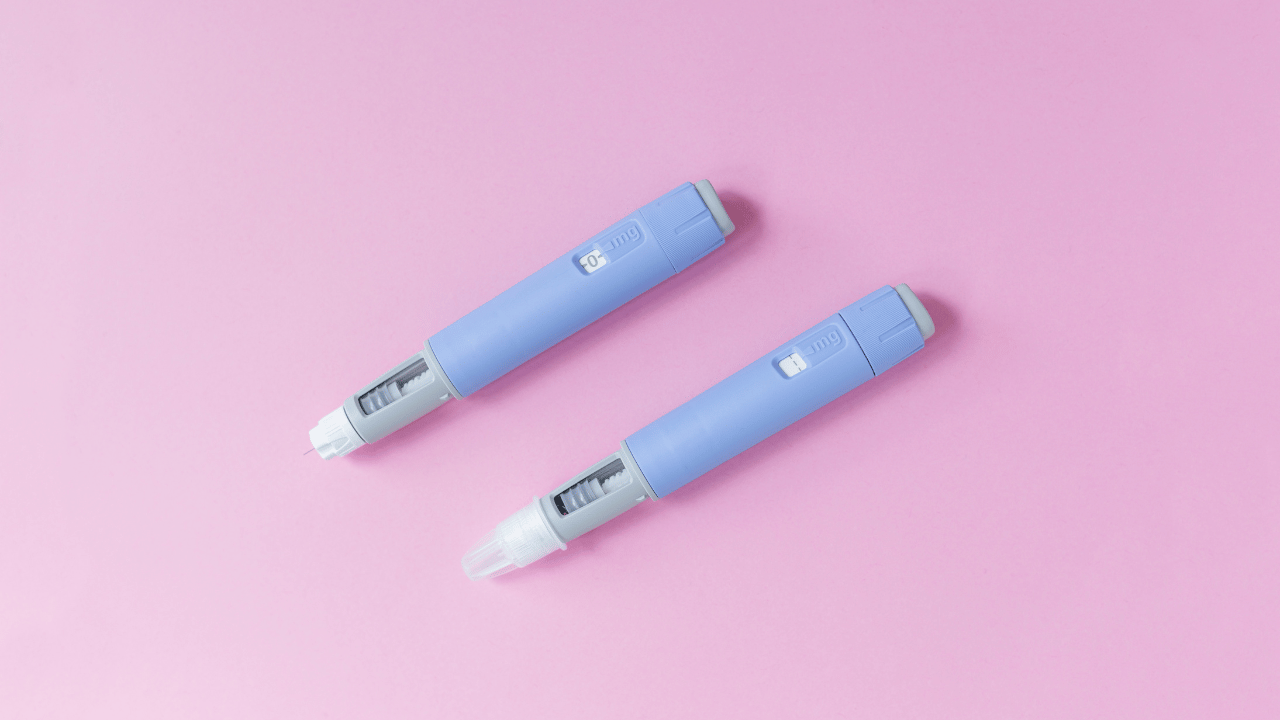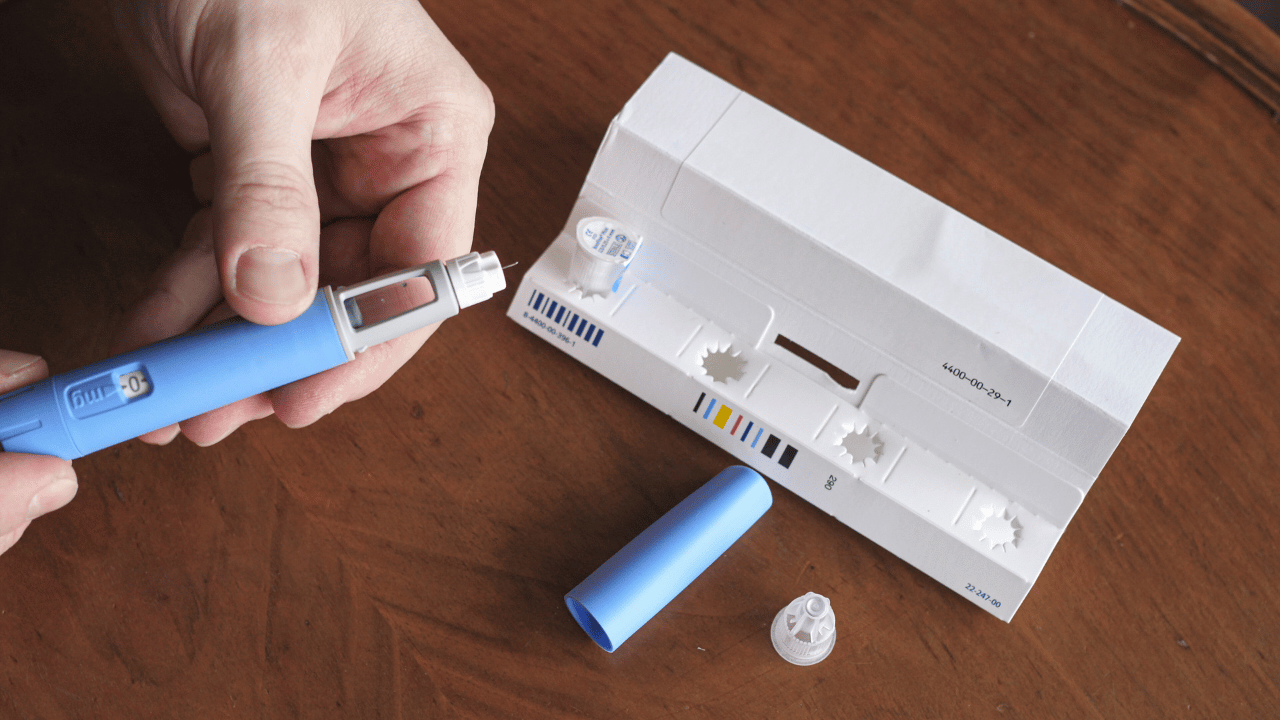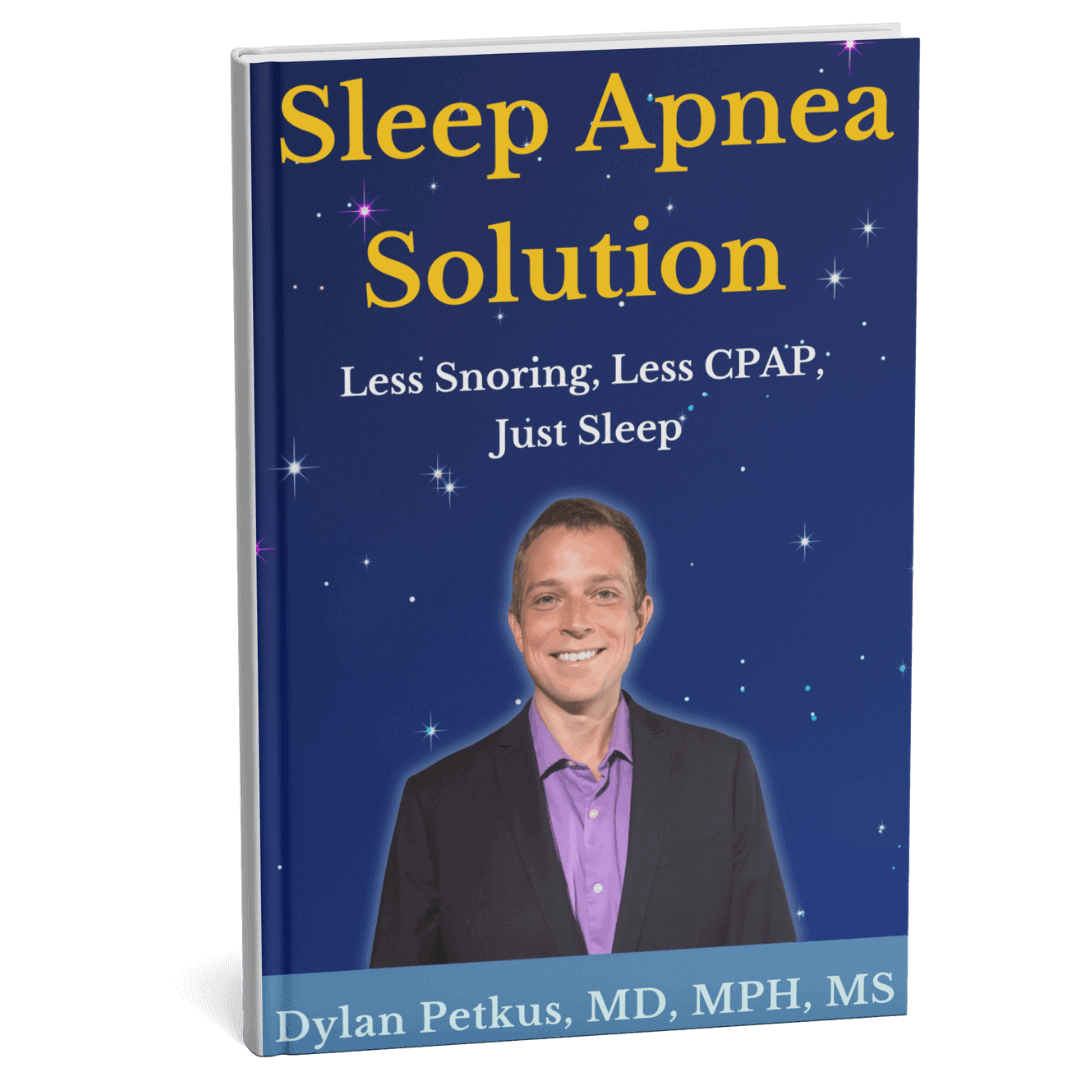
Perhaps you’ve tried supplements that help with sleep apnea and positional therapy for sleep apnea, but find it’s not enough. Some people struggling with snoring and restlessness are turning to medications for sleep apnea like Ozempic, a drug known best as a treatment for diabetes.
For those with sleep apnea, the major benefit lies in Ozempic’s effects on weight loss. A majority of those who struggle with sleep apnea also deal with excess weight. New studies are finding that ingredients in Ozempic can promote weight loss, which hopefully leads to fewer breathing interruptions at night, as well.
Better breathing could mean better sleep, more energy, and fewer groggy mornings. While it’s not a magic solution, it can be a helpful tool.
How Weight Impacts Sleep Apnea
There are certain health conditions that can increase the risk of developing sleep apnea. For example, studies done by the American Diabetes Association reveal roughly 60% to 90% of adults with obstructive sleep apnea (OSA) are overweight. Extra weight can narrow a person’s airways and make breathing more difficult, especially at night. This could lead to snoring, tossing and turning, trouble breathing, etc.
The symptoms of sleep apnea could lead to more weight gain, too. Not getting enough sleep can mess with hormones that control hunger, leading to more cravings and overeating. At the same time, people with OSA often gain weight more easily because their poor sleep leaves them feeling tired and less likely to be active during the day.

The Effects of Ozempic
Did you know that losing 10% to 15% of your body weight can significantly improve sleep apnea symptoms? While Ozempic isn’t officially approved for treating OSA, it’s not surprising that it may help ease some symptoms. Getting rid of excess fat around the neck and abdomen can make breathing easier while sleeping.
Some companies have approached the US Food and Drug Administration for approval of weight loss drugs like Ozempic for treating sleep apnea. However, more research is needed to understand how these medications may improve sleep apnea. That said, early results are looking promising so far.
If you struggle with sleep apnea symptoms and are intrigued by the early results, it may be worth having a conversation with your doctor to see if weight loss drugs like Ozempic are safe for you and worth adding to your treatment plan.

Addressing Sleep Apnea Symptoms
While studies are showing that drugs like Ozempic may be helpful in managing OSA, they’re not a cure for the condition. Sleep apnea is complex and influenced by different factors ranging from genetics to lifestyle. The condition often requires a multi-faceted approach to alleviate symptoms.
At Optimal Circadian Health, we help people address the root causes of sleep apnea with education about breathing routines, sleep hygiene, and other healthy lifestyle changes. Our book, Sleep Apnea Solution, contains resources including breathing routines, nutrition tips, circadian upgrade suggestions, and more.
By blending some of these strategies, we hope people find what works best for them and their situations. The goal is to get on the right track to enjoying more restful nights and energy-filled days!



